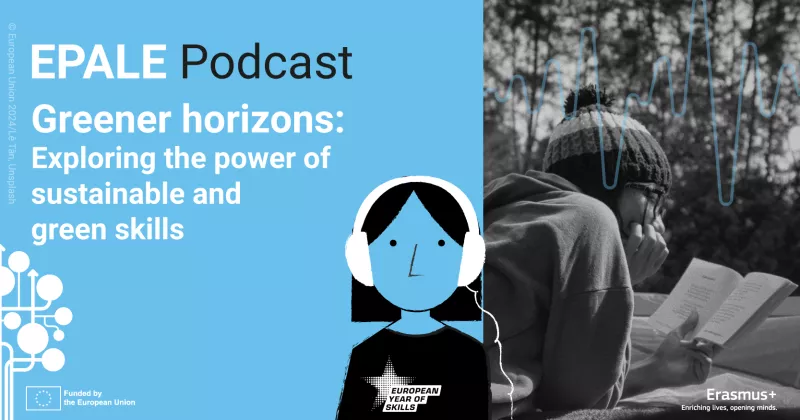New approaches to maths in prison
Experts say that we all have the “maths gene” and using the maths part of the brain brings it to life.
Cloverhill Prison is a closed, medium security prison for adult males, which primarily caters for remand prisoners committed from the Leinster area. It was at this prison in Dublin that we recently celebrated Maths Week. The education unit organised a series of events, in partnership with the Red Cross Community Based Health & First Aid Prison Volunteers.
First we had a forum on “Me and Maths”, facilitated by the Red Cross volunteers. The volunteers also helped the students to prepare for this forum. There were teachers from Cloverhill and other prisons, as well as prisoners who were attending the school. Everyone spoke for a short time on their experiences of maths in work or education, what helped them learn and how they felt about maths now. This gave real feedback to the teachers on the effects of learning maths. We then had a PowerPoint Maths Week Table Quiz where people formed their own teams. The feedback received was that the day was great fun, that it helped everyone learn in collaboration with each other, and helped the students realise that what they saw as common sense was in fact maths.
There are benefits of returning to study maths in prison. Maths can distract from boredom; doing pages of worksheets or puzzles helps students to settle in the prison classroom.
Most people (teachers and students) have a story from their maths learning history that they are willing to share: in Ireland it is cool to say “I’m no good at maths!” This helps bonding in the class. Maths homework can “make time go faster” and being seen as a student of maths (a “brainy” subject) can help improve a student’s self-esteem.
All adults have acquired invisible maths skills through living, and discovering these hidden skills in the prison classroom is a great boost to self-esteem.
Maths certification is available in a wide range of areas at levels 2 and 3 in the QQI framework (e.g. Number, Data, Problem Solving, Pattern and Relationship, Shape and Space) so there is something for all interests.
Maths can be a gateway subject to education and can also be a tool in recovery from addiction. Research has indicated that many in prison have mental health and addiction problems and it has been suggested that people with low levels of literacy and numeracy skills may be more vulnerable to being depressed.
Prison education aims to help prisoners to cope with their imprisonment, to achieve personal development, to prepare for life after release and to establish the appetite and capacity for lifelong learning.
So maths really matters in the prison classroom.
Catherine Byrne is a Maths tutor with the City of Dublin Education Service to Prisons. She is currently studying for a PhD in Dublin Institute of Technology (DIT) in maths education in prisons. Here she discusses a recent initiative within one Dublin prison and the benefits of returning to study maths for prisoners.
References:
- Bynner, J. (2001) Improving Adult Basic Skills Bene fits to the Individual and to Society, DfEE Research Centre
- Keane, M. (2011) The Role Of Education In Developing Recovery Capital In Recovery From Substance Addiction. Dublin: Soilse Drug Rehabilitation Project
- Kennedy, HG, S Monks, K Curtin, B Wright, S Linehan, D Duy, C Teljeur, A Kelly, (2004), Mental Illness in Irish Prisoners Psychiatric Morbidity in Sentenced, Remanded and Newly Committed Prisoners National Forensic Mental Health Service Central Mental Hospital






Good article!
Good article!